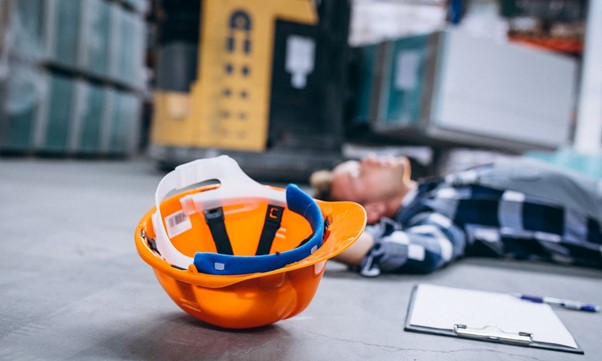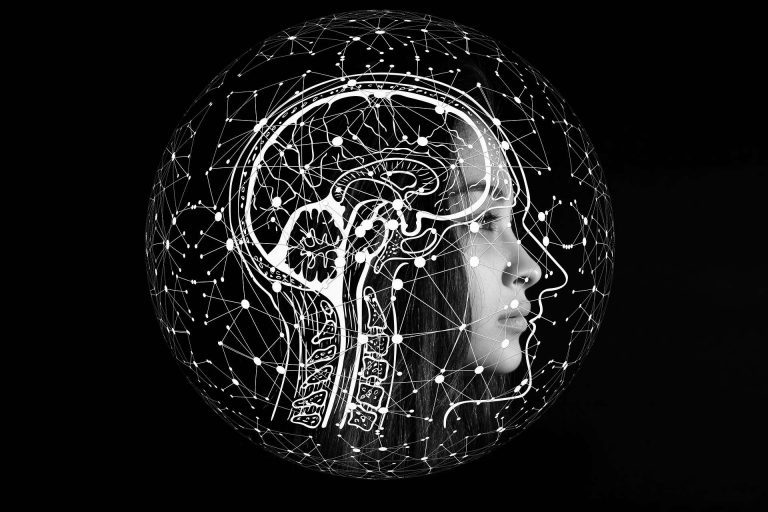Strong leadership and teamwork skills are key to building a workforce able to work with technology rather than be replaced by it.
According to the 2019 Deloitte Global Human Capital Report[1], a vast majority of organisations plan to increase or significantly increase their use of Artificial Intelligence (AI), automation and the like over the next three years. Yet, they also admit that they are not ready for how this will change their workforce.
So, how do we work with technology rather than be replaced by technology? Strong leadership and teamwork skills seem to be part of the solution as 80% of survey respondents felt that leadership was a key issue and there seems to be a major shift from hierarchies to teams. Ultimately, talent mobility will be crucial as the report indicates that organisations will no longer be able to only hire the skills they need – they will have to foster them internally.
A similar report by the World Economic Forum, The Future of Jobs Report 2018[2], offers an interesting perspective which they call an augmentation strategy:
Rather than narrowly focusing on automation-based labour cost savings, an augmentation strategy takes into account the broader horizon of value-creating activities that can be accomplished by human workers, often in complement to technology, when they are freed of the need to perform routinized, repetitive tasks and better able to use their distinctively human talents.
This report predicts that the following skill sets will be the top three in-demand by 2022:
- Analytical thinking and innovation
- Active learning and learning strategies
- Creativity, originality and initiative
Essentially, organisations need to cultivate an environment where people feel that their unique contribution is valued, where there is a hunger for knowledge and where it is safe to think and experiment.
In my opinion, the following three focus areas will help organisations to gain some momentum with building a workforce equipped for the future:
- Help them embrace constant change as the new normal. As cliché as this statement may sound, we still seem to think of change as something that is necessary to establish a new direction, when in reality the direction will change all the time. We will have to adapt to being in a constant state of flux as technology, society and the nature of work develops at increasing speed. We can no longer use the past to predict the future; we have to learn in real-time. Technology can help us to do this by performing routine work and processing data fast and effectively, but this requires that we constantly upskill ourselves to work alongside it. Employees will have to be open to learning on a daily basis to keep up. In all my work, I emphasise the importance of stretching your comfort zone because embracing flexibility and adaptability is the only way forward.
- Leverage individual contribution to break down hierarchies and get the best out of your talent. In the past, only decision-makers’ and experts’ ideas were valued and that was enough. Today we need everyone’s ideas to stay competitive – building the platform can be challenging though. There is a reason why employee engagement is becoming increasingly important in business strategies – now, more than ever before, we need all hands on deck. It is crucial to connect individual contribution to organisational purpose and objectives in order to spark the creativity, originality and initiative that The Future Jobs Report 2018 ranks so highly. Every team member must be encouraged and empowered to contribute something from their unique self. Show team members that their efforts and opinions can make a difference in the big picture and you will open the floor for individuals and the organisation to reach full potential.
- Hold individuals accountable in a constructive manner. This is a fine balance. On the one hand, we have to eradicate the fear of failure in order to encourage teams and individuals to develop creative solutions and on the other, we need to be clear that we expect everyone to step up to the plate. Leaders need to inspire results as opposed to driving results. This becomes a reality when individuals realise that engagement is a win-win opportunity – by bringing their ideas and talents to work, they build both their personal brand and the organisation’s brand. To unlock this, leaders must help them associate with the organisation’s purpose and acknowledge their efforts, which in turn establishes the foundation for giving constructive feedback. Ultimately this enables innovation that yields results.
It is crucial that instead of only focusing on adapting our organisations to embrace the Fourth Industrial Revolution, we also focus on helping our employees to adapt. Rather than seeing technology as something that could replace our workforce, we should look at it as something that can enhance our workforce. It is therefore crucial that we cultivate a safe space where everyone is committed to learning together and where we encourage each other to reach our full potential in partnership with technology.
Brian Eagar is a founder and the CEO of TowerStone Leadership Centre, whose vision focuses on empowering leaders to build a values-driven culture for sustainable success.
[1] https://www2.deloitte.com/insights/us/en/focus/human-capital-trends.html
[2] https://www.weforum.org/reports/the-future-of-jobs-report-2018

























